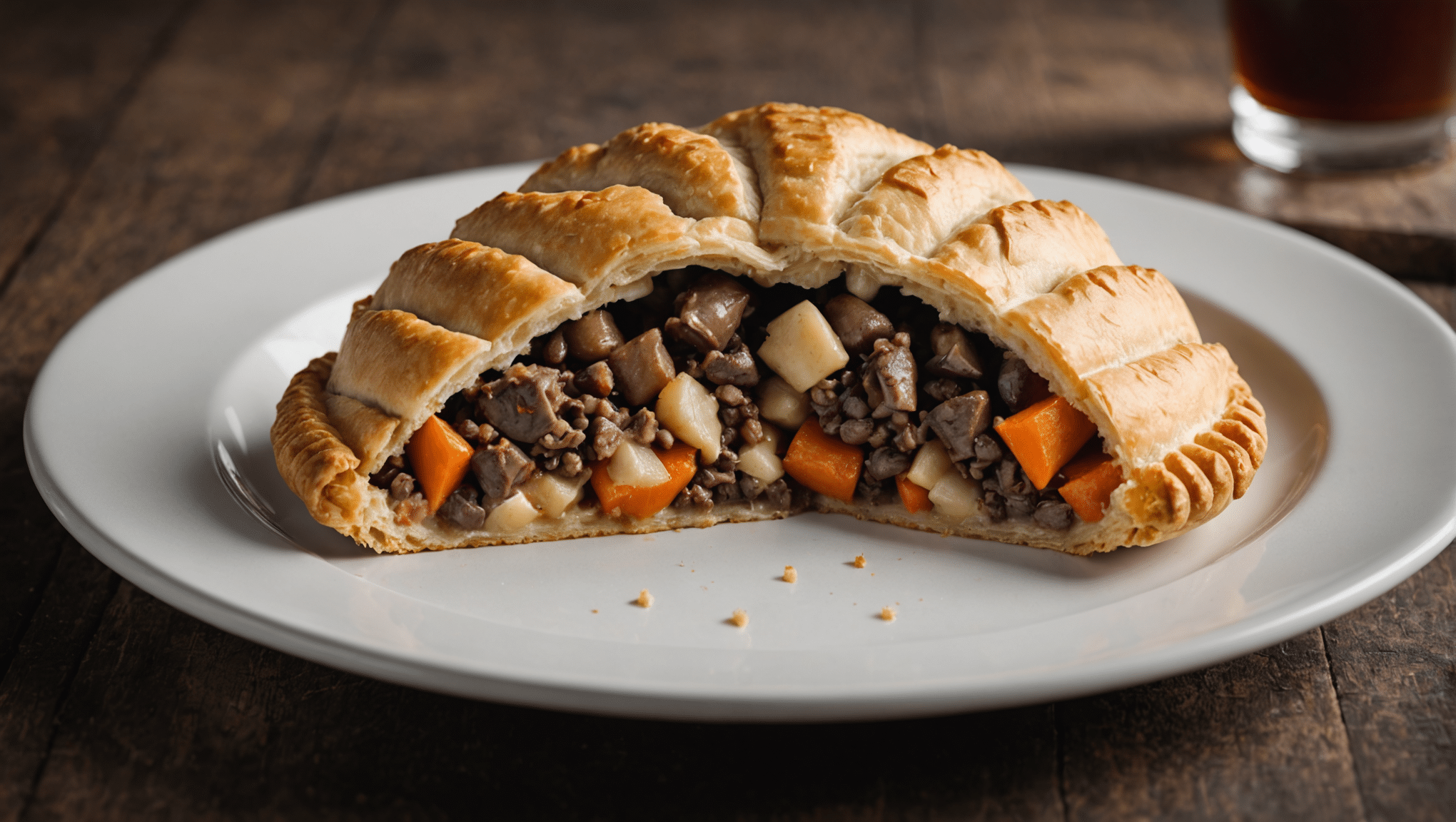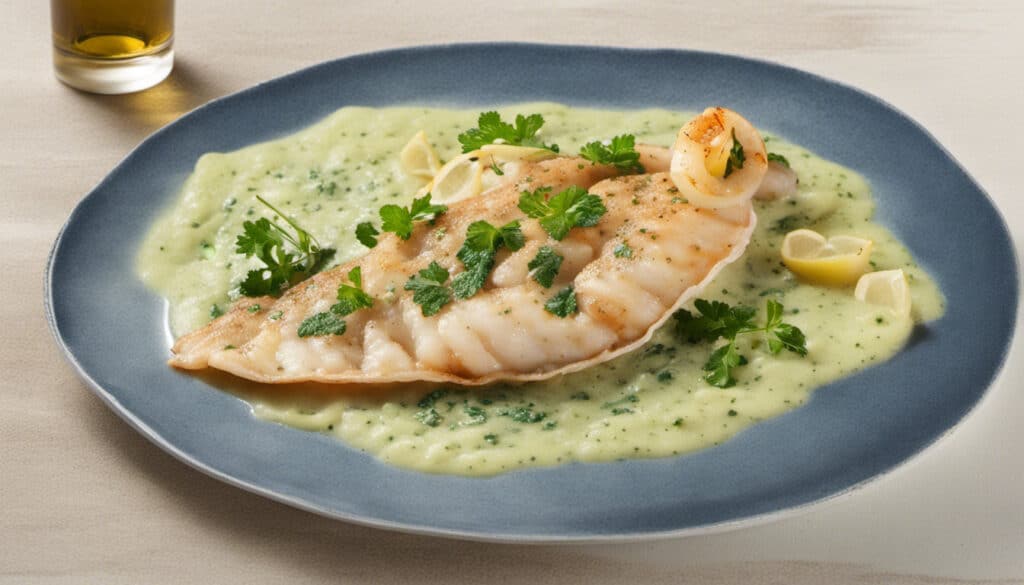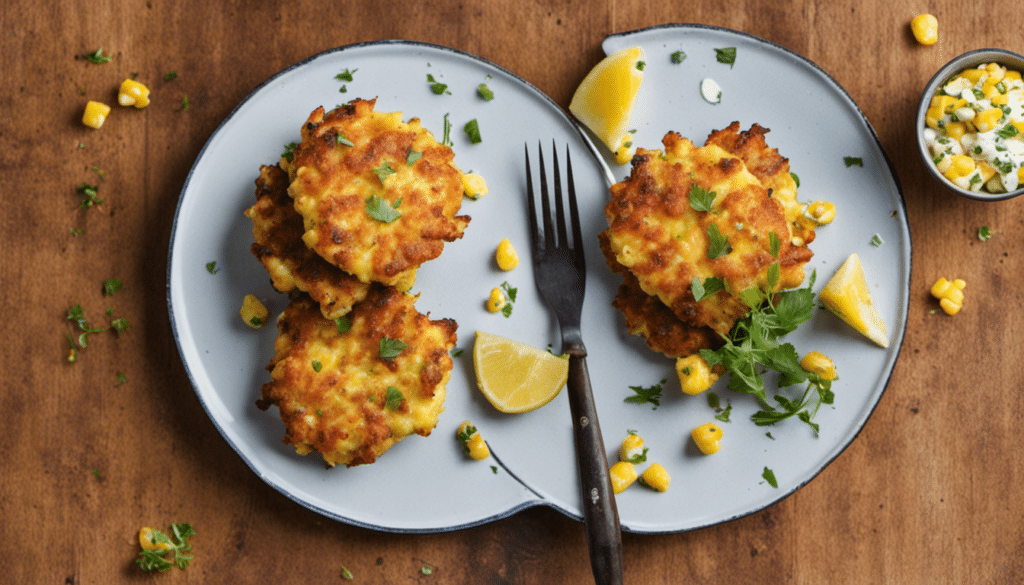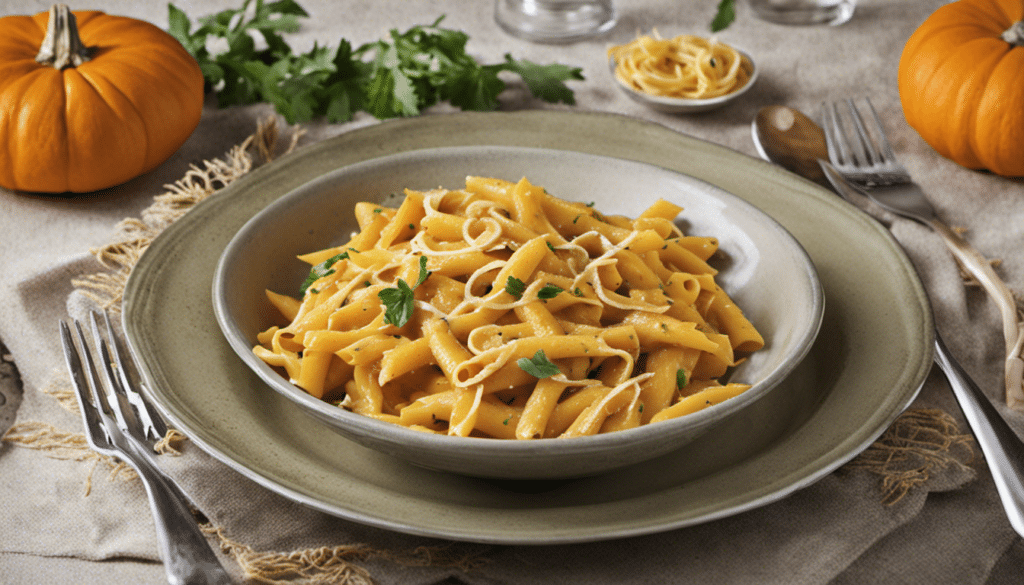| Prep: 30 mins | Cook: 50 mins – 1 hour | Difficulty: Medium | Serves: 6 |
| kcal | fat | saturates | carbs |
| 582 | 33g | 17g | 49g |
| sugars | fibre | protein | salt |
| 2g | 3g | 17g | 0.86g |
Why I Love British Cornish Pasty
When I first stumbled upon the Cornish Pasty, I was immediately intrigued. There’s something utterly enchanting about a dish that tells a story of its origin, and the Cornish Pasty is no exception. The hearty combination of tender beef, russet potatoes, rutabaga, and onions all wrapped up in a golden pastry feels like a warm embrace from across the pond.
A Slice of History
As someone who cherishes Southern traditions, I have a deep appreciation for the history that accompanies many beloved dishes. The Cornish Pasty is steeped in a rich history, traditionally made for and by miners in Cornwall, England. This hand-held pie was the perfect portable meal to nourish workers during long days underground. Just like how our Southern Fried Chicken speaks volumes about life in the American South, the Cornish Pasty is a testament to the grit and determination of Cornish miners.
The Perfect Comfort Food
One of the reasons why I love the Cornish Pasty is its uncanny ability to provide comfort. It’s similar in satisfaction to digging into a warm, flaky Southern biscuit. Both offer that delightful combination of flaky exterior and hearty filling. Each bite of the Cornish Pasty is like a culinary hug — warm, comforting, and utterly satisfying. It harkens back to my own roots in Charleston, where family meals and comfort food go hand in hand.
In the making of this recipe, I’ve drawn a little inspiration from some of the well-known culinary masters who have explored British cuisine, such as Jamie Oliver. Jamie’s emphasis on simple, fresh ingredients aligns perfectly with the ethos behind the Cornish Pasty. This dish, much like Southern classics, relies on humble, quality ingredients to create something profoundly delicious.
Pairings and Complements
The Cornish Pasty also pairs beautifully with various other dishes. It’s a wonderful addition to a table spread that might include a fresh, crisp side salad or perhaps a bowl of hearty soup, like our Southern-style Gumbo. Or, enjoy it on its own as a filling meal. It also shares a kinship with dishes like empanadas and beef pot pies, where the filling is encased in a gorgeous pastry crust.
Every time I prepare this Cornish Pasty recipe, I’m reminded of how food can transcend borders and bring traditions from different cultures right to our kitchen table. It’s a lovely melding of their history and my own Southern roots, making it an indispensable part of my culinary repertoire.
What You’ll Need
- 4 cups all-purpose flour
- 1 teaspoon salt
- 1 cup unsalted butter (2 sticks), chilled and diced
- 1/2 cup cold water
- 1 lb beef skirt or chuck steak, finely diced
- 2 large russet potatoes, peeled and diced
- 1 large yellow onion, finely chopped
- 1 1/2 cups finely diced rutabaga (swede)
- Salt and pepper to taste
- 1 medium egg, beaten (for egg wash)
Method
Step One
Preheat your oven to 400°F (200°C). In a large mixing bowl, combine the flour and salt. Add the chilled, diced butter and use a pastry cutter or your fingers to work the butter into the flour until the mixture resembles coarse crumbs.
Step Two
Gradually add the cold water to the flour mixture, mixing until the dough comes together. Turn the dough out onto a lightly floured surface and knead briefly until smooth. Wrap the dough in plastic wrap and refrigerate for at least 30 minutes.
Step Three
While the dough is chilling, prepare the filling. In a large bowl, combine the diced beef, potatoes, onion, and rutabaga. Season generously with salt and pepper, then mix thoroughly to ensure the seasoning is evenly distributed.
Step Four
Remove the dough from the refrigerator and divide it into 6 equal portions. On a lightly floured surface, roll each portion into a circle about 8 inches in diameter.
Step Five
Place a generous amount of the filling mixture onto one half of each dough circle. Be careful not to overfill, as this can cause the pasty to burst during baking.
Step Six
Brush the edges of the dough with a little cold water. Fold the dough over the filling to create a semi-circle and press the edges together to seal. Crimp the edges with your fingers or a fork to ensure a tight seal.
Step Seven
Place the pasties on a baking sheet lined with parchment paper. Brush the tops with the beaten egg to give them a golden, glossy finish.
Step Eight
Bake in the preheated oven for 45-50 minutes, or until the pasties are golden brown and the filling is cooked through. Allow to cool slightly before serving. Enjoy your homemade Cornish pasties!




